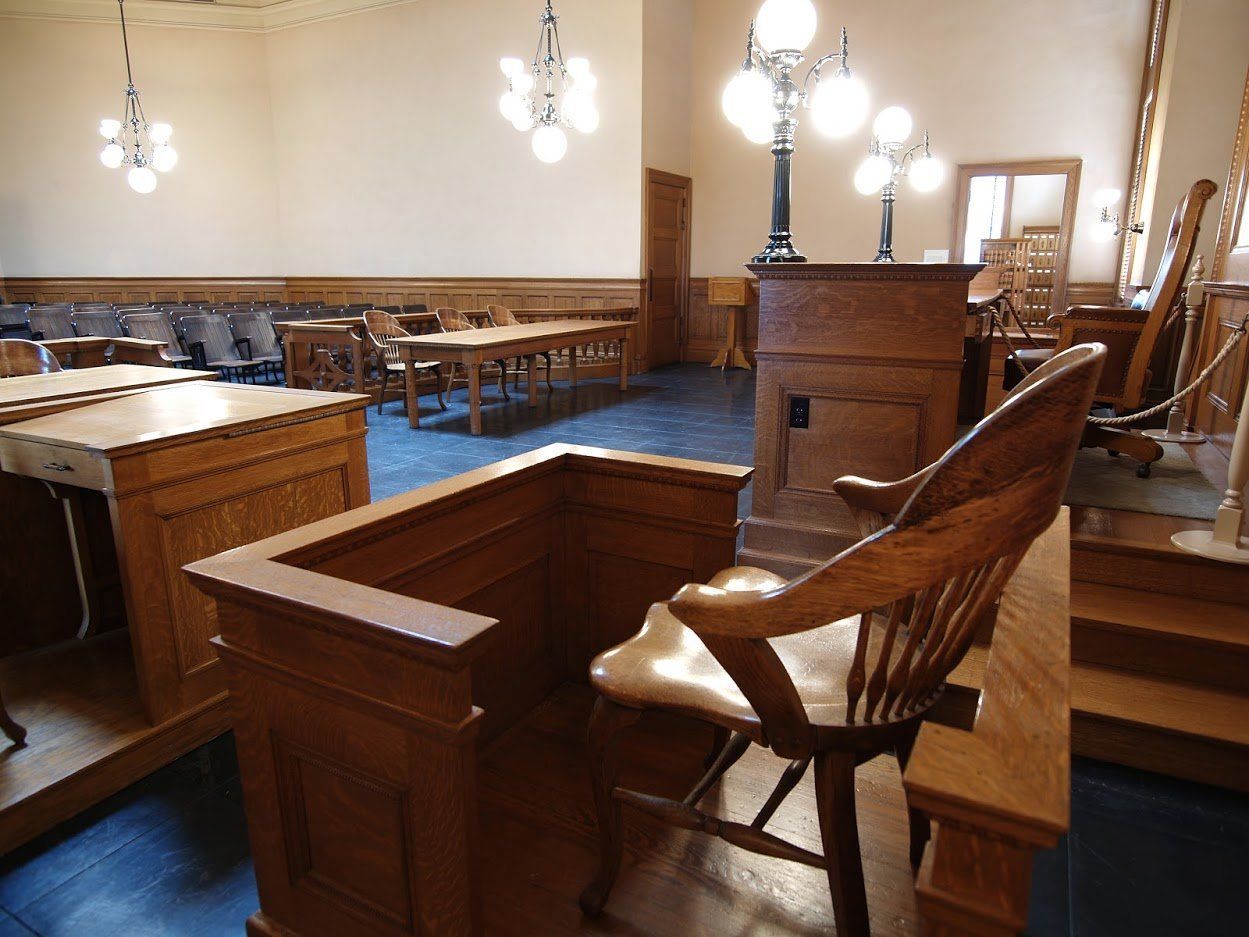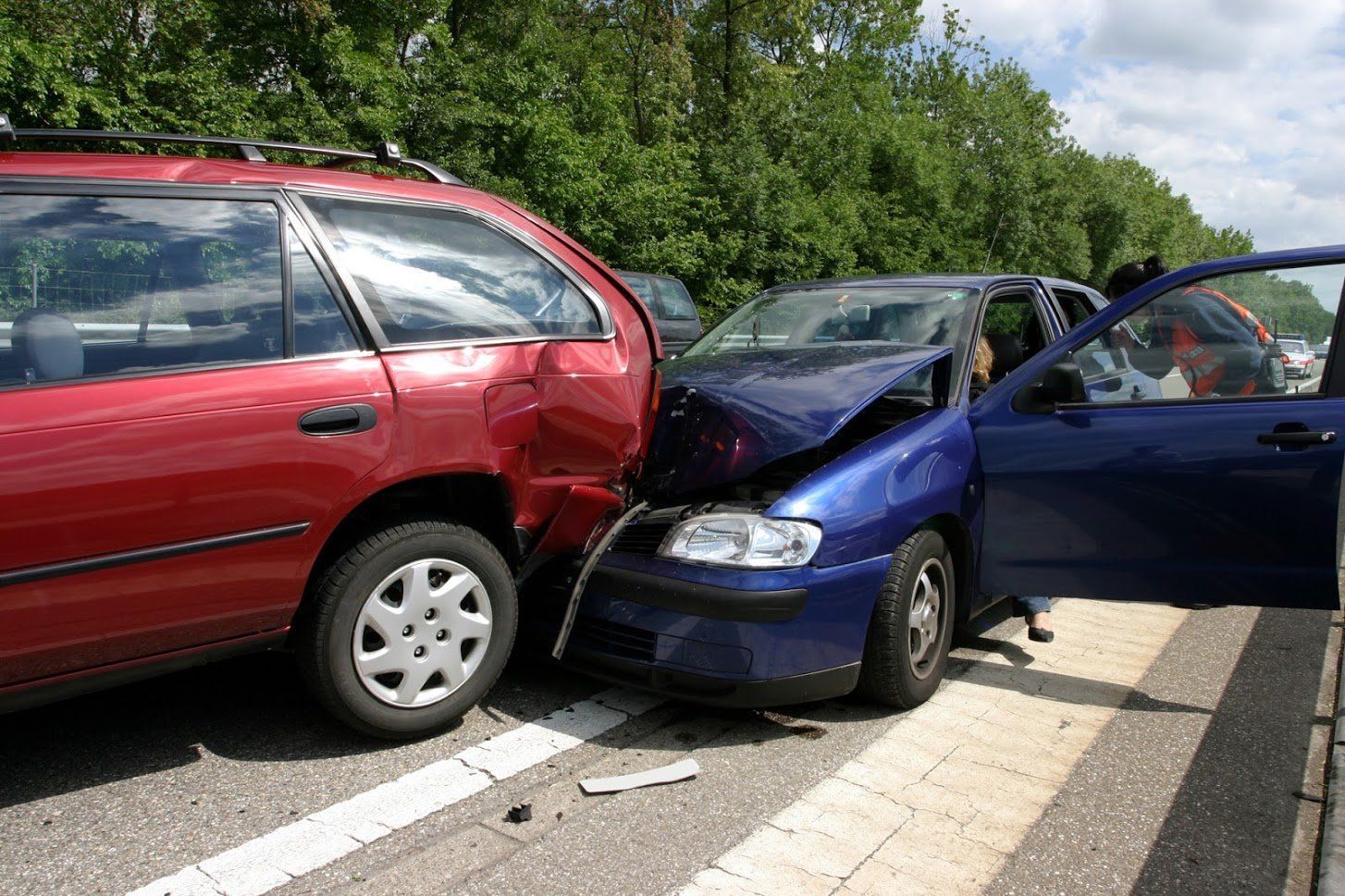A traumatic brain injury (TBI) can affect almost every aspect of life. The effects can be particularly damaging to the development of a child. If your child has suffered a TBI, watch out for these effects so that you can help the child deal with them. Below are some of the effects to watch out for.
Sensory and Perception Problems
The sensory systems allow the body to interact with the outside environment. Perception involves the interpretation of the senses so that you can make sense of them. The two functions typically work together. A TBI can affect your child's sensory system and perception. For example, the child might:
- Develop hearing impairment
- Be sensitive to light and sounds
- Develop vision impairment
- Lose their sense of taste
You need money to deal with or accommodate these problems. For example, the child might require hearing aids, and you may have to renovate your lighting system to accommodate the child's sensitivity to light. The person liable for your child's injury should compensate you for all these things.
Cognitive Problems
Cognitive functions encompass various mental abilities. If the TBI affects your child's cognitive functions, they might suffer various problems, such as:
- Difficulties in paying attention to others
- Difficulties in processing information
- Impairment with their memory
- Difficulties in making decisions
- Difficulties in making judgments
Impaired cognitive functions can be devastating for a child in school. Their educational performance might plummet, the situation might force them to drop a class, and they might even lose a scholarship.
Language and Speech Problems
Language and speech functions are necessary for almost all aspects of life. You need them to read, write, interact with others, and even learn. Unfortunately, a TBI can also affect your child's language and speech. Specifically, the child might:
- Struggle to understand spoken words
- Struggle to understand written words
- Develop poor voice control where, for example, their voice unintentionally rises
As you can imagine, language and speech impairment will affect your child's interactions with their friends. The child might even drop out of school organizations or clubs. For example, if your child was a debating club member, they might quit due to language and speech problems. The child might also need language and speech therapy, which costs money.
Behavioral Changes and Problems
Some people also experience behavioral changes due to a TBI. Example of such behavioral changes includes:
- Aggression or combativeness
- Sleep problems that can include too much sleep or inadequate sleep
- Unexplained mood changes
- Anxiety and depression
The effect of behavioral will affect your home socially and financially. For example, the child might need therapy to overcome their behavioral changes.
Problems With Physical Systems of the Body
Lastly, the brain controls various physical functions of the body, so a TBI can affect your child physically too. For example, the child might:
- Experience frequent and unexplained headaches
- Feel tired all the time
- Experience problems with bowel and bladder movements
- Experience unexplained seizures
Again, these problems will affect both the child and other members of your household. For example, the child might need:
- Diapers to help them deal with their bladder and bowel problems
- Treatment for the headaches and seizers
- Constant monitoring so that they don't suffer injuries due to seizures
In a household where both parents work, the situation might force one parent to quit work and become a stay-at-home parent.
A TBI has both immediate and long-term effects on children. That is why you must ensure that the person responsible for the injury compensates every single injury, loss, and damage to your family. Owen Law Firm can help you value your case.
Contact us so that Joe Owen's skills and experience can fight for your child's compensation.



